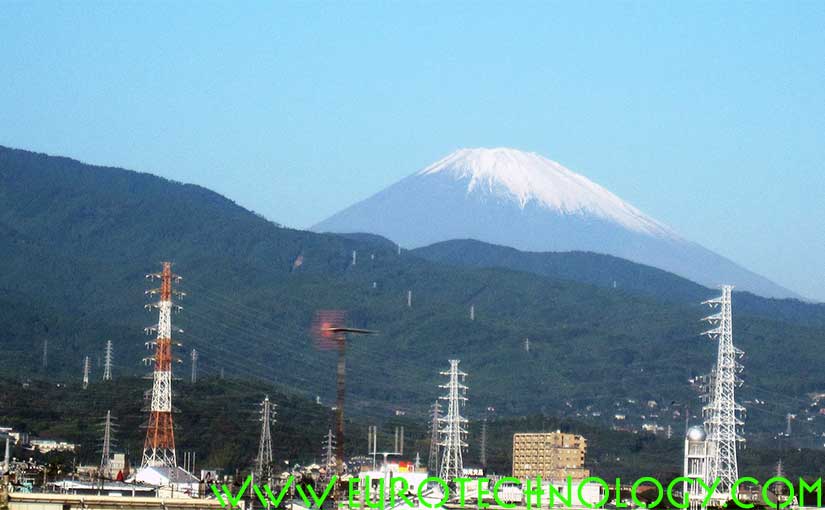Tag: Economist
-

Japan’s new energy policy
Interview for The Economist “Keeping the lights on – deregulation and Japan’s energy mix” Japan energy policy – interview outline: Japan energy policy Question: Is the new energy policy of Japan’s Government an appropriate response to the situation or a missed opportunity Answer summary:The Government in its new strategy summarizes Japan’s energy situation and proposes…
-
Corporate governance Japan: external independent directors on Japanese Boards
by Gerhard Fasol Corporate governance Japan is now in the focus of Prime Minister Shinzo Abe’s reforms Reform of corporate governance is an ongoing issue in Japan, and part of Prime-Minister’s Abenomics’ “third arrow” revival efforts. Here is a note, that I added to a recent article in The Economist, entitled “Corporate governance in Japan…
-

Japan energy mix: Keeping the lights on in Japan – deregulation, new and renewable energy
Japan energy mix, smart grid, electricity deregulation – briefing by The Economist Corporate Network Economist Corporate Network held a breakfast briefing today April 24, 2014 for about 50 Japan-CEOs and executives. Shigeki (Sean) Miwa, General Manager of SoftBank’s CEO Office, and Representative Director & CEO of Bloom Energy Japan KK, and EVP of SB Energy…
-

Vodafone not so big in Japan – The Economist says
The Economist looks at Vodafone’s real situation in Japan’s very advanced and hyper-competitive telecommunications market Vodafone not so big in Japan: Vodafone is struggling to catch up with Docomo’s introduction of 3G in Japan An article in The Economist about Vodafone is partly based on our analysis: Vodafone not so big in Japan: “Vodafone- Not…